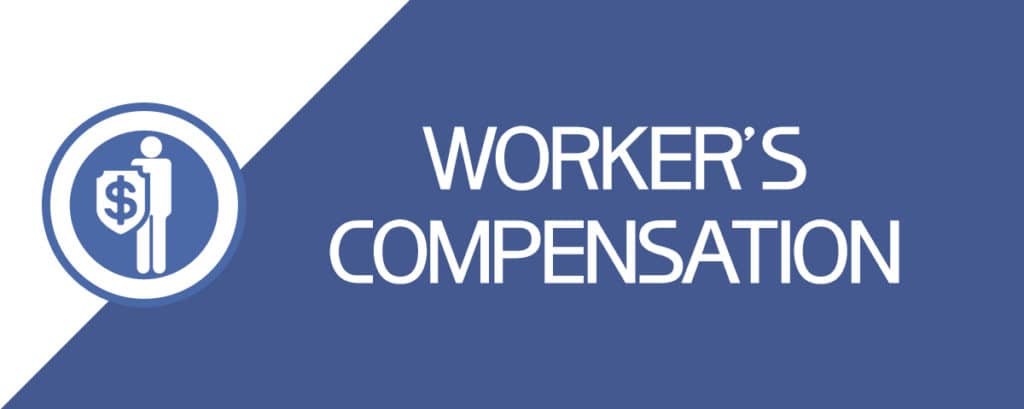Let’s Talk About Workers Compensation and How It Works

Illinois is on-par with the national average for workplace injuries, according to 2019 figures reported by the U.S. Bureau of Labor Statistics. This basically means your odds of being injured on the job here aren’t any greater than what’s typical in other states. Should you end up being injured while working, however, you may have questions about workers compensation and how it works. This is the question we’re going to answer for you now.
Workers’ Comp: The Basics
Workers’ compensation, or workers’ comp, is a type of insurance employers are typically legally required to have. It provides compensation for employees affected by injuries or illnesses related to their work environment. Specifically, it covers medical expenses and lost wages. Both employers and employees have certain responsibilities when it comes to workers’ comp programs.
Covered Employees and Injuries
Each state has requirements about when employers are required to have coverage and what employees have to be covered. In Illinois, practically any employer that hires people to do work must have workers’ comp insurance when employment is localized in Illinois. Workers’ comp covers a broad range of work-related injuries along with illnesses associated with work-related environments.
Workers’ comp covers injuries that occur whenever and wherever work-related duties are being performed. This could include injuries sustained when driving in a company vehicle that’s not properly maintained, or work-related accidents that occur at a remote job site. However, self-inflicted injuries or intentional acts by employees that result in injuries are generally not covered.
Available Benefits
The specific benefits available in relation to a claim will depend on the nature of your injuries. In addition to medical expenses and lost wages are covered, workers’ comp benefits may include:
- Vocational rehabilitation
- Compensation for injuries considered permanent
- Survivors’ benefits
If your claim is accepted, benefits that apply to your situation will be paid by your employer’s insurance provider. Employers typically get coverage via the state or with a private insurer.
The Claim-Filing Process
Injured employees are required to report an injury through the proper workplace channels. This is often done through a company’s HR department. Claims need to be filed within a specific period of time. If the deadline is missed, you may lose your ability to receive benefits. It’s also common to be required to have valid medical documentation and verification of your injury or illness. The duration of workers’ comp payments will vary based on your situation and ability to return to work.
Get Started with a Workers’ Comp Lawyer
A workers compensation attorney can answer your questions and get you started with the workers’ comp process if you have a valid claim. It’s also helpful to partner with an experienced lawyer so you don’t miss important deadlines or fail to submit the required documentation. Additionally, you’ll benefit from working with a workers’ comp attorney should you have a claim that’s denied. In some cases, submitting additional evidence to support a claim may reverse a denial.















